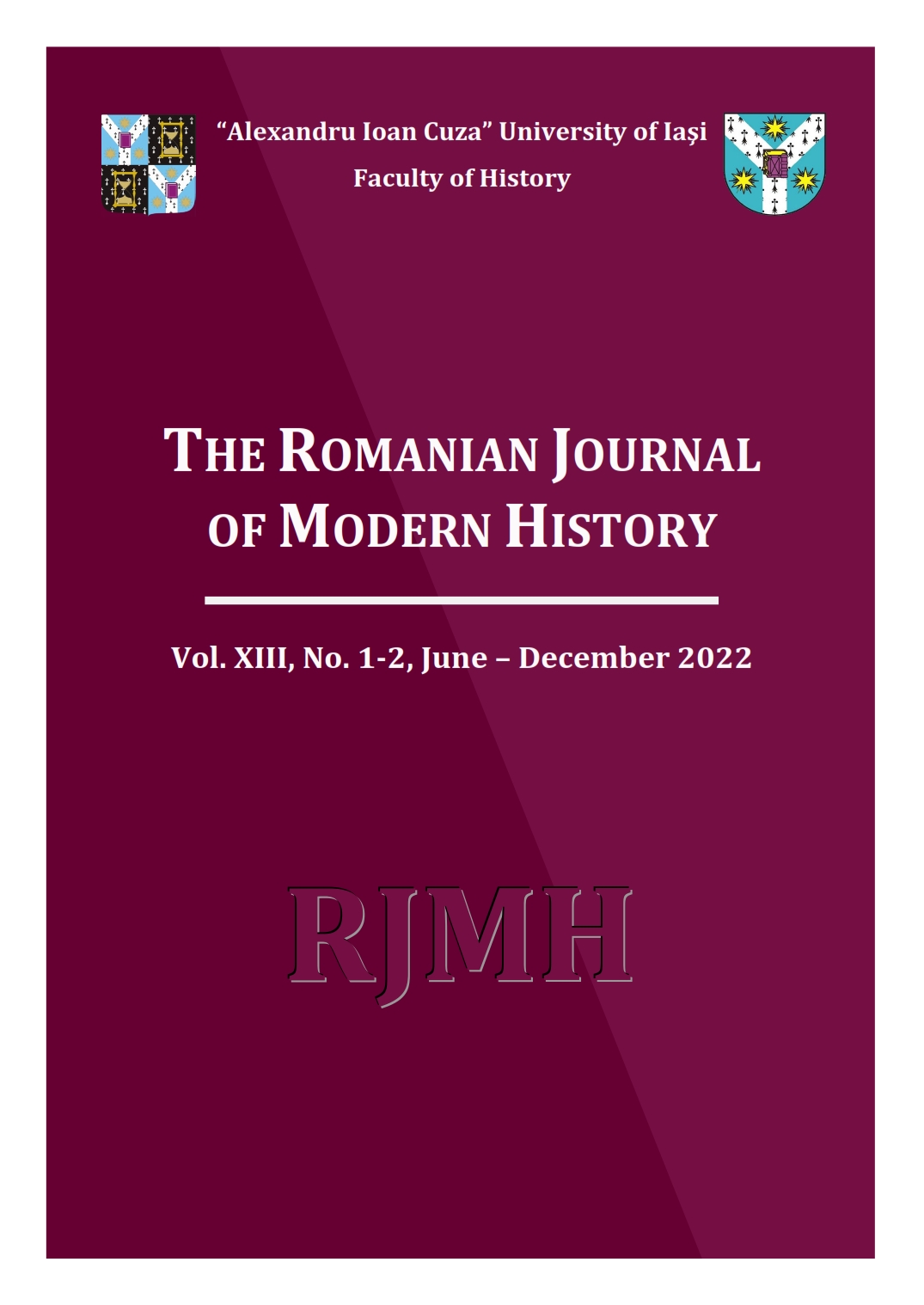Baron Franz Nopcsa: the man who would be king of Albania
Baron Franz Nopcsa: the man who would be king of Albania
Author(s): Robert M. KaplanSubject(s): History, Archaeology, Cultural history, Modern Age, Recent History (1900 till today), 19th Century, Pre-WW I & WW I (1900 -1919)
Published by: Editura Tehnopress
Keywords: Franz Nopcsa; Transylvania; Paleobiology; Palaeontology; Geology; Albania; Habsburg Empire;
Summary/Abstract: Franz Nopcsa, a polymath who was a founder of palaeophysiology, in addition to making great contributions on palaeontology, geography, philology and Balkan ethnography with a special focus on Albania. Coming from an aristocratic family in Transylvania, he was one of the first palaeobiologists, promoted the idea of tectonic plate movement and what is now known as the island rule, in addition to discovering 25 reptile genera and five dinosaurs. He was, however, a difficult personality with a rudeness and arrogance that antagonised many colleagues and left him marginalised. Nopcsa spent long periods in Albania, then a wild and isolated country for the West, staying with the hill people of Shkodra and travelling widely, making him a leading ethologist and expert on the languages, culture and tribal law. Nopsca challenged conventional attitudes towards sex as well, having a relationship with Bajazid Doda, which lasted till the end of their lives. Nopcsa’s financially-comfortable life ended after World War 1 and it was a struggle to support himself after that. Nevertheless, he continued to travel and put out publications. Unwell, struggling financially and depressed, on 25 April 1933 he killed Doda and himself, leaving a suicide note. Franz Nopcsa came from the last days of the Habsburg Empire with so many other radiant talents. He was one of the last ‘gifted amateurs’ who adapted poorly to the new classless world of professional academics, but his phenomenal creativity and output should not be forgotten.
Journal: Romanian Journal of Modern History
- Issue Year: XIII/2022
- Issue No: 1-2
- Page Range: 39-48
- Page Count: 10
- Language: English

